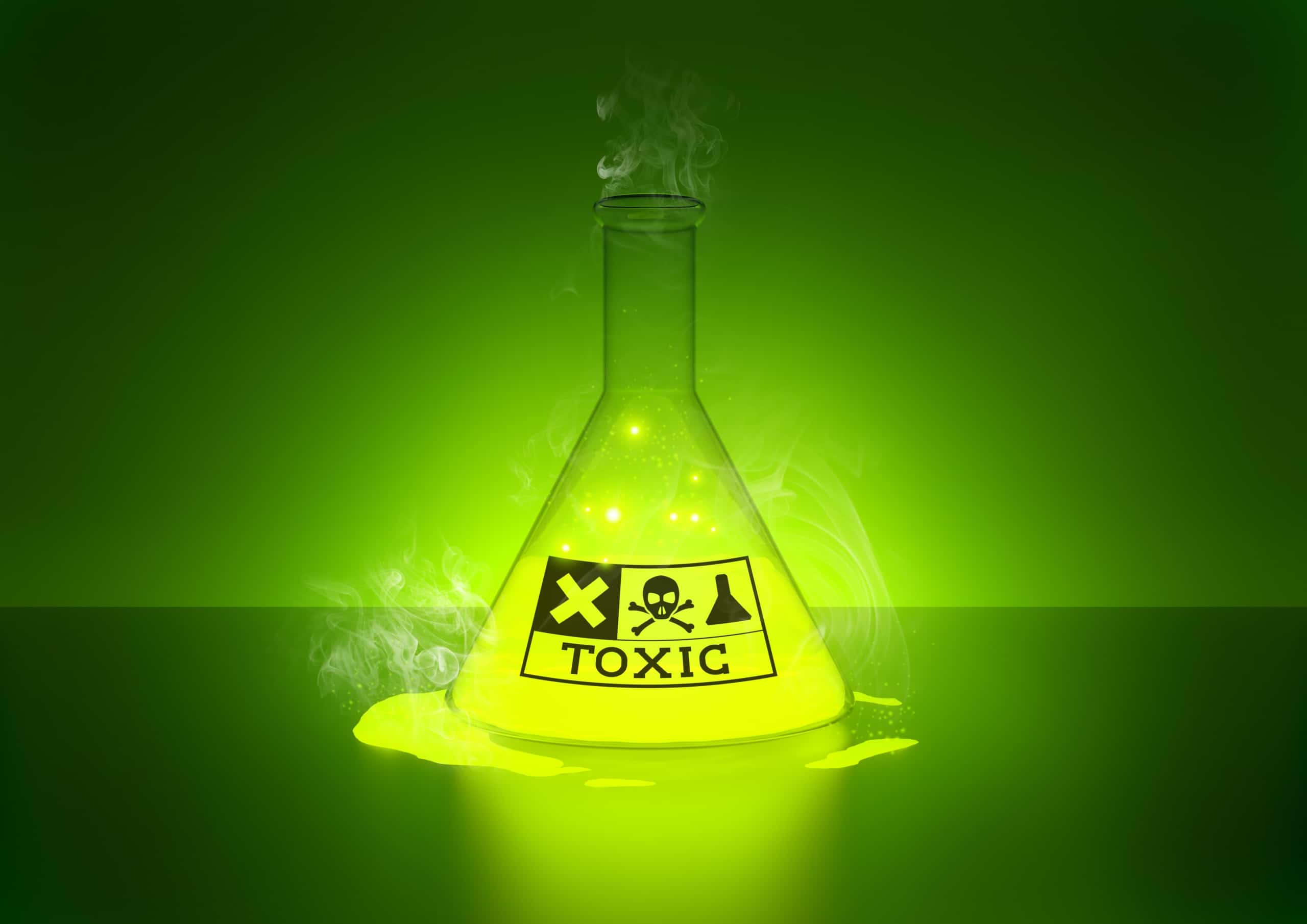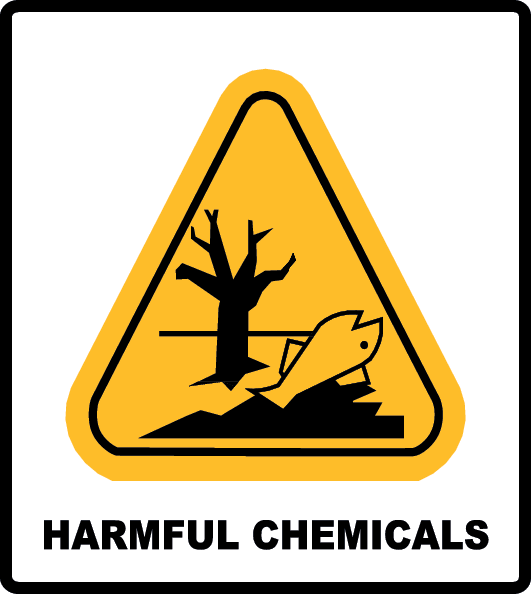Laboratory analysis of Trichloroethylene (TCE) has classified the chemical compound as a Category 2 carcinogen that has an R-45 Risk Phase. Moreover, this means that the solution “may cause cancer” in those who are chronically exposed to it. Additional health problems...
TCE

Why Switching From TCE is in Your Company’s Best Interest
The chemical Trichloroethylene (TCE) plays a role in the production of various products, from industrial degreasers to pepper spray used for self-defense. As for the latter application, TCE is even better than advertised. In addition to helping pepper spray irritate...

TCE Chemical Classification By Properties and Effects
Scientifically identified as C2HCl3, the chemical compound trichloroethylene (TCE) is classified as a halocarbon, one that is primarily used in industrial solvents. But simply knowing the classification of TCE often doesn’t give companies all of the information they...

Chemical Regulations: Is TCE Being Banned?
Also known as trichloroethylene, TCE is a halocarbon frequently used for industrial solvent needs. However, the chemical compound appears on track to be banned or severely regulated by the Environmental Protection Agency (EPA). in the near future. When it went into...

TCE Facts: How TCE Damages Health
Thousands of chemical injury lawsuits are filed every year against employers in the U.S. In some cases, the plaintiff walks away with a multi-million dollar settlement, but it’s hard to be envious of the person. When this level of compensation is awarded, the...

Choosing a TCE Replacement Chemical
The chemical compound trichloroethylene (TCE) is a halocarbon whose long history as an industrial solvent is gradually coming to an end. The popular solvent isn’t officially on the Environmental Protection Agency’s (EPA) Lists of Lists, but it seems to be well on its...

Trichloroethylene Health Effects: A Case for Replacement
Trichloroethylene (TCE) has been used since the 1920s for a variety of purposes. Today, it’s primarily known as an industrial solvent used in degreasing applications. TCE works well as a general purpose degreaser for industrial jobs, but it poses health problems to...

Finding TCE Substitutes for Vapor Degreasing in 6 Steps
Trichloroethylene (TCE) is a halocarbon solvent known primarily for its use as an industrial degreaser. TCE is highly effective for numerous degreasing applications, but many companies and organizations are replacing TCE due to its negative impact on the health of...
Finding TCE Alternative Cleaners: It’s Easier Than You Think
There are three main reasons why companies and organizations still use solvents that contain trichloroethylene (TCE): the chemical is highly affordable, it suits a variety of solvent-based applications — from degreasing to formulating pepper spray — and it’s...

Why Use a Trichloroethylene Substitute From Ecolink?
Trichloroethylene — better known by its initialism, TCE — is a halocarbon popularly used as an industrial solvent, but it has a long history that includes various uses in different industries. For example, TCE was used to extract vegetable oils in the 1920s. It...
Search here
Don’t forget to share this post!
Categories
- 3D Printing Chemicals
- Acetone Cleaners
- Acids
- Additive Manufacturing
- Aerosol
- Aerospace Cleaners
- AK225
- Alcohols
- Anti Foaming Agents
- AQMD
- Aqueous Cleaning Agents
- Bulk Chemicals
- CBD
- Chemical Suppliers
- Chemistry of Cleaning
- Citrus Degreasers
- Clean Air Products
- Commodity Chemicals
- Contec Wipes
- Corrosion Inhibitors
- Daraclean
- Degreasing Agents
- Deicers
- Denatured Alcohol Cleaners
- Disruption of Chemicals
- Drying Agents
- Ecolink News
- Electrical Contact Cleaning Solutions
- Ethyl Acetate
- Evaporation Rate
- Extraction
- Flux Removal
- food grade solvents
- Green Chemistry
- Humectants
- Industrial Degreasers
- industrial green cleaning products
- Industrial Hygienist
- Industrial Pollution
- Interns
- IPA
- Lacquer Thinner
- Low VOC
- Lubricants
- MACT Standards
- Medical
- MEK
- Metal Pretreatment Chemicals Manufacturers
- Methanol
- Methyl Acetate
- MIL-PRF-680
- Military Cleaners
- Millipore
- Mineral Spirits
- MSDS
- N-Propyl Bromide
- NMP Solvent
- Non Flammable
- Oil Extraction
- Organic Cleaning Solvent
- OSHA
- Our Team
- Oxygen Scavengers
- Paint Strippers
- Parts Washer
- PCB Cleaning
- Pollution Prevention
- Precision Cleaning
- Recycling
- Resin Removal
- Rust Removal
- Safer Chemicals
- scale and corrosion inhibitors
- Scholarship Contest
- Sodium Hypochlorite
- soft washing
- Solar Panel Cleaning
- Solvent Replacement Strategies
- Solvents
- Surfactants
- Surgical Cleaning
- Sustainable Chemicals Strategy
- TCE
- Tidal Washers Product Blogs
- Toxic Chemicals
- Vapor Degreasing
- VOC
- Volatile Organic Compounds
- Water Treatment Chemicals
- White Oils
- Wind Turbine Maintenance
- Worker Safety


